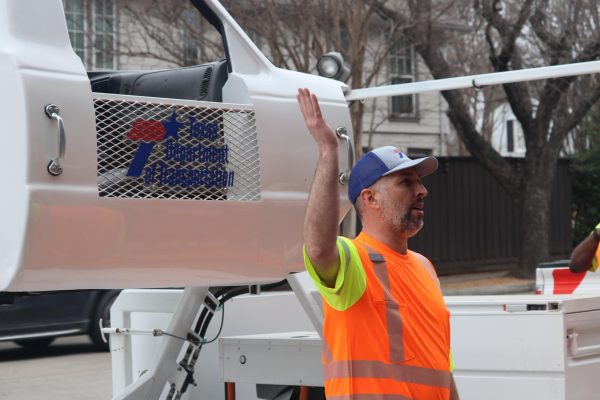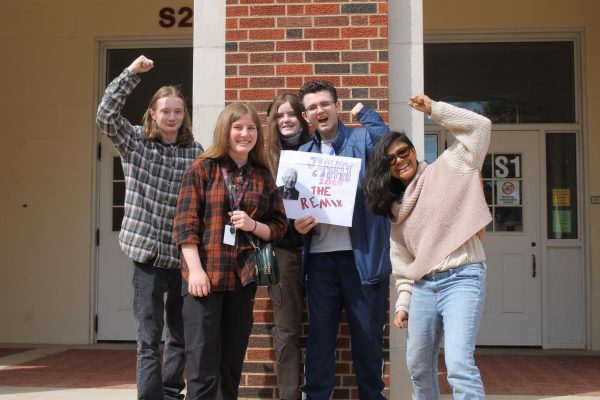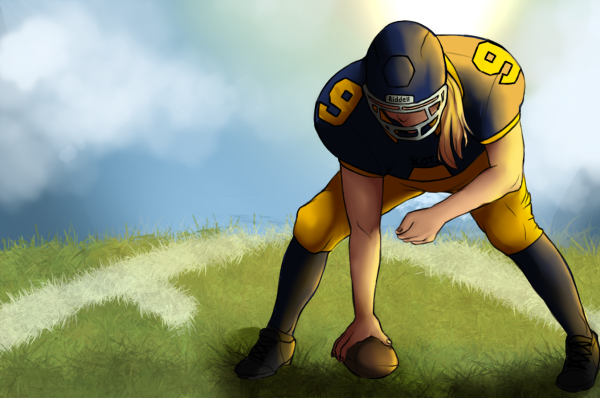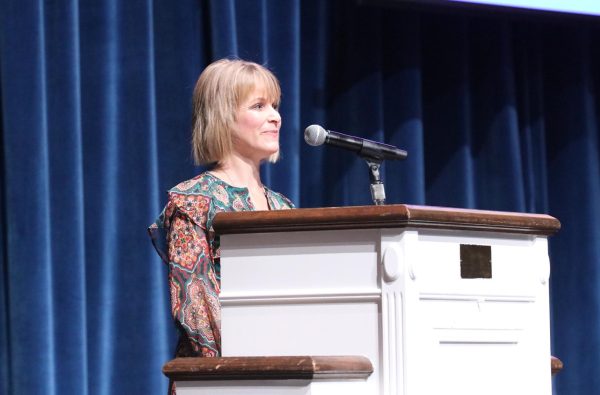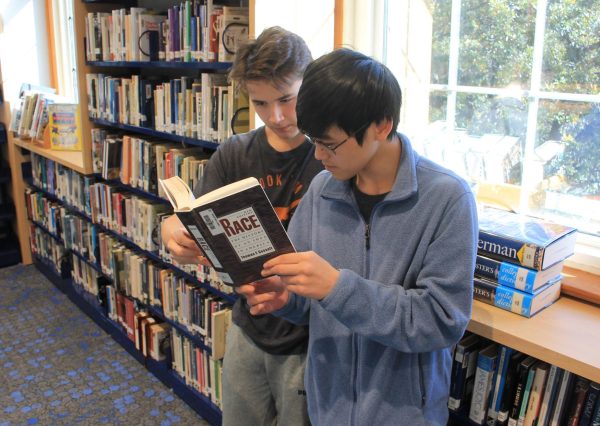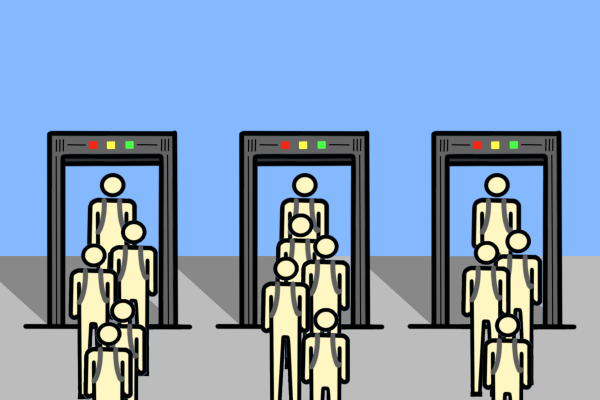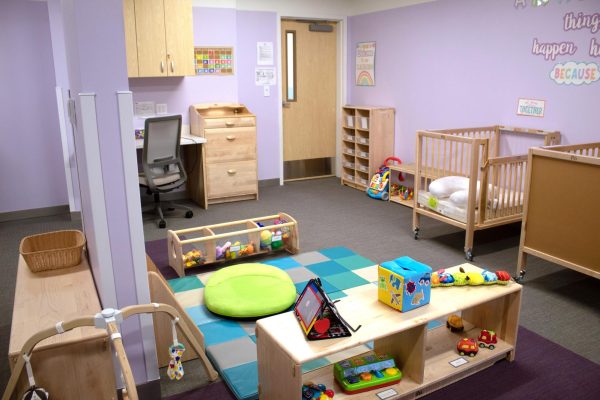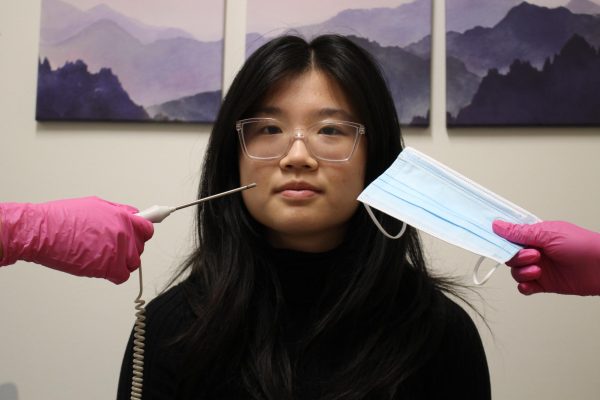Cuba’s likely new president
Cuba has a new president – and for the first time in six decades, his last name is not Castro.
Cuba’s National Assembly has elected Cuba’s first Vice President, Miguel Diaz-Canel, to replace 87-year-old Raul Castro, who took over as Cuba’s leader in 2006 after his brother Fidel Castro fell ill. Díaz-Canel will now be the president of the Cuban Council of State and Council of Ministers. The other members of the Council of State were also named on April 19, 2018. The makeup of the Council of Ministers will be decided at the next National Assembly, most likely later this year.
Raul Castro will also still be a member of the National Assembly and, even if he is no longer president, remains the most powerful public figure on the island. Still, Castro made it clear that Díaz-Canel will ultimately succeed him as head of the Communist Party when he steps down from that post in 2021. Castro said “Cuban presidents should be restricted to two five-year terms, a novel idea in a country where his brother Fidel ruled for 50 years.” According to CNN.
“Raul Castro will still be a large power in Cuba and will influence in major decisions,” freshman Aidan Martin said. “Castro will always stay in power until the time of his death.”
The transition marks a passing of a torch in Cuba from the revolutionaries who took power at the point of a gun, to the younger generation of bureaucrats that have only ever known the Castro’s’ socialist project.
An electrical engineer by training, Díaz-Canel was born a year after Fidel Castro took power. Now, as leader, Díaz-Canel is suddenly taking on a difficult balancing act. Most expect him to be a president of continuity, especially because he arrives in the shadow of Raúl Castro.Raul will remain the head of the armed forces and the Communist Party, arguably Cuba’s most powerful institutions.
But Mr. Díaz-Canel also has to figure out how to resuscitate the economy at a time when President Trump is stepping back from engaging with Cuba. On top of that, Mr. Díaz-Canel must find a way to manage the frustrations of a Cuban population impatient with the pace of change on the island. More recently, he was a leading voice in the push for internet access in Cuba, arguing that the nation should not seal itself off from the outside world. Though his beliefs remain very much within the party line, those who know him say he does not adhere to the belief that Cuba can exempt itself from the modernization necessary to participate in the global economy.
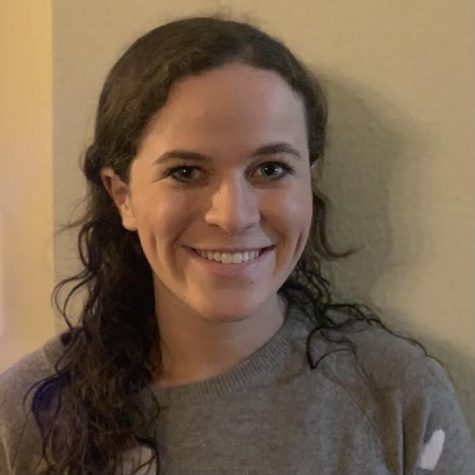
She plays golf
What kind. of music does she listen to?
She loves country music
What is her dream job?
Her dream jobs are to be a Nascar driver or a UN Diplomat



